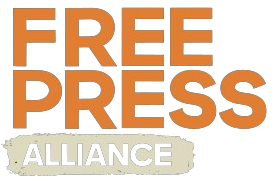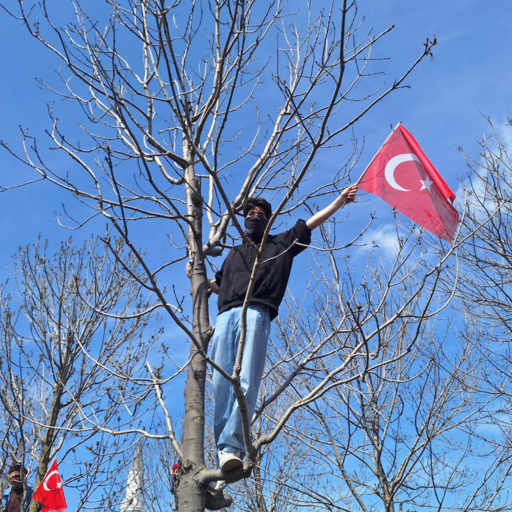On March 23, Istanbul Mayor Ekrem İmamoğlu was jailed on corruption charges and is pending trial. This sparked one of the largest protests in Turkey in over a decade.
The decision to imprison İmamoğlu was made by President Tayyip Erdoğan, his main political rival. Many critics have condemned the move as politically motivated and undemocratic.
Erdoğan’s government has ruled Turkey for 22 years. However, İmamoğlu enjoys significant public support, and many citizens see him as a strong candidate for future presidential elections. The Republican People’s Party (CHP) has called for early elections in response to his arrest.
İmamoğlu has denied the charges, calling them “unimaginable accusations and slanders.” He urged nationwide protests on Sunday, stating, “We will rip away this coup, this dark stain on our democracy, together.”
Crackdown on Protesters and Journalists
A nationwide ban on street gatherings was extended for four more days on Saturday. However, despite the restrictions, protests erupted, leading to clashes with police and multiple detentions, including journalists.
Since March 21, several journalists covering the demonstrations have been injured by police while reporting from the field.
“Turkish authorities should immediately release the journalists in custody and allow the press to operate freely and safely,” said Özgür Öğret , CPJ’s Turkey representative.
Police in Istanbul detained 11 journalists in a house raid, mostly photojournalists. The arrested journalists include:
- AFP correspondent Yasin Akgul
- Now News reporter Ali Onur Tosun
- Photojournalists Bülent Kılıç, Zeynep Kuray, Hayri Tunç
- IBB photojournalist Kurtuluş Arı
- Bakırköy Municipality photojournalist Gökhan Kam
- Sendika.org reporter Zişan Gür (detained while covering protests in Saraçhane)
- Freelancers: Photojournalists Murat Kocabaş, Yağız Barut
- BirGün writer Barış İnce (also Izmir Provincial Chairman of the SOL Party)
Additionally, journalist Emre Orman’s home was raided, but he was not detained as he was not present. The charges against the detained journalists remain unknown.
Violence Against Journalists Escalates
Beyond the arrests, police have damaged journalists’ equipment during the protests. Several reporters were physically assaulted, with some reportedly shot with plastic bullets, dragged on the ground, and prevented from filming. Witnesses and victims described the violence as deliberate, despite their clear identification as members of the press.
Local press freedom advocacy groups have strongly condemned these actions:
-
DİSK Press: “Detaining journalists in house raids is an attack on press freedom and the public’s right to know the truth. You cannot hide the truth by silencing journalists.”
-
Press Council: “The obstruction of journalists performing their duties, beatings, and detentions must stop immediately. Journalism is not a crime.”
Free Press Alliance Stands in Solidarity
Free Press Alliance fully supports these statements and joins the call to end violence against journalists. We stand in solidarity with those working to inform the public and share vital information with citizens fighting for their rights.
We demand the immediate release of detained journalists and call on Turkish authorities to respect press freedom. The world is watching, and we will not remain silent in the face of these violations.

